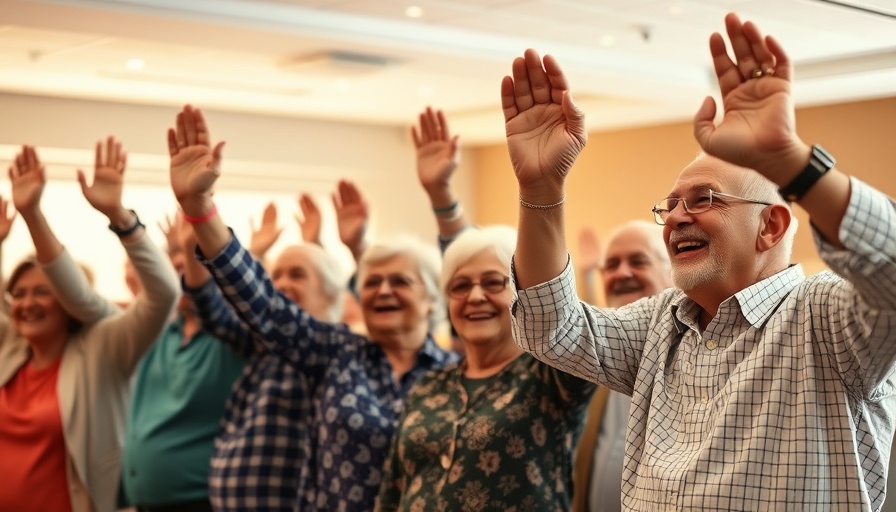
The Transformative Power of Community
As our loved ones age, ensuring they remain socially active becomes a crucial part of their well-being. Assisted living facilities are not merely places for care; they are vibrant communities designed to nurture relationships. In these settings, residents are encouraged to engage with each other, fostering friendships that significantly enhance their quality of life. Loneliness can be a silent burden, but being surrounded by peers creates a sense of belonging, providing emotional support and companionship.
Building Lasting Connections
Socialization in assisted living goes beyond mere interaction; it is about forming lasting relationships that enrich lives. Facilities often organize community events that promote interaction, from arts and crafts to game nights and group exercises. These activities not only combat loneliness but also stimulate cognitive functions, keeping residents engaged and active. Social bonds formed in these settings often mirror family dynamics, where residents share laughter, stories, and experiences, creating networks of support.
Health Benefits of Social Interaction
The health benefits of socialization cannot be understated. Research shows that older adults who participate in regular social activities have lower blood pressure and a reduced risk of chronic illnesses. Engaging in conversations, sharing meals, and participating in community events contribute to their emotional and physical health. These interactions stimulate the brain, improve mood, and can even help mitigate symptoms of depression and anxiety.
The Role of Personalized Activities
Many assisted living communities tailor their activities based on residents' interests and capabilities. Whether it’s gardening, cooking classes, or book clubs, personalized programming ensures that each resident finds joy and fulfillment through their hobbies. In doing so, not only is their body engaged, but their mind and spirit are nourished as well. This individual attention to interests fosters an environment where all residents not only feel valued but are also encouraged to express themselves creatively.
Family Involvement Brings Joy
Family members are vital to creating a communal experience in assisted living. Regular visits and participation in family events allow for deeper relationships between residents and their loved ones. Transitions to assisted living can be daunting, but when family members actively engage, residents often feel more supported and uplifted. This involvement encourages not only family connections but ties to the broader community.
Creating a Culturally Rich Environment
Assisted living facilities also embrace cultural diversity by celebrating various traditions and customs. Events like cultural festivals, international cooking days, and music appreciation nights expose residents to new experiences. Such programs enhance understanding and respect among residents from different backgrounds, fostering inclusivity that enriches the entire community. This cultural exchange inspires creativity and keeps the spirit alive while providing immense emotional benefits.
A Safe Space for Vulnerability
In a nurturing environment, residents feel safe expressing their vulnerabilities. This openness can lead to discussions about past experiences, fears, and joys, helping elderly individuals cope with transitional challenges. Gracious staff trained in compassionate communication play a vital role in facilitating these important discussions, creating a space where everyone feels heard and supported.
Looking Ahead: The Future of Assisted Living Communities
As demographics shift towards an increasingly aging population, the design and vision for assisted living communities will likely evolve. The emphasis on socialization will be paramount, with facilities being built around the interconnectedness of residents. Facilities will continue leveraging technology to enhance relationships, perhaps incorporating digital platforms for remote family engagement, ensuring no one feels alone.
Understanding the importance of socialization in assisted living can transform the way families view these facilities. Rather than seeing them solely as places for care, they can embrace the vibrant communities that enhance emotional connections. It’s a reminder that aging does not mean isolation but rather an opportunity for new friendships and enriching life experiences.
 Add Row
Add Row  Add
Add 




 Add Row
Add Row  Add
Add 

Write A Comment